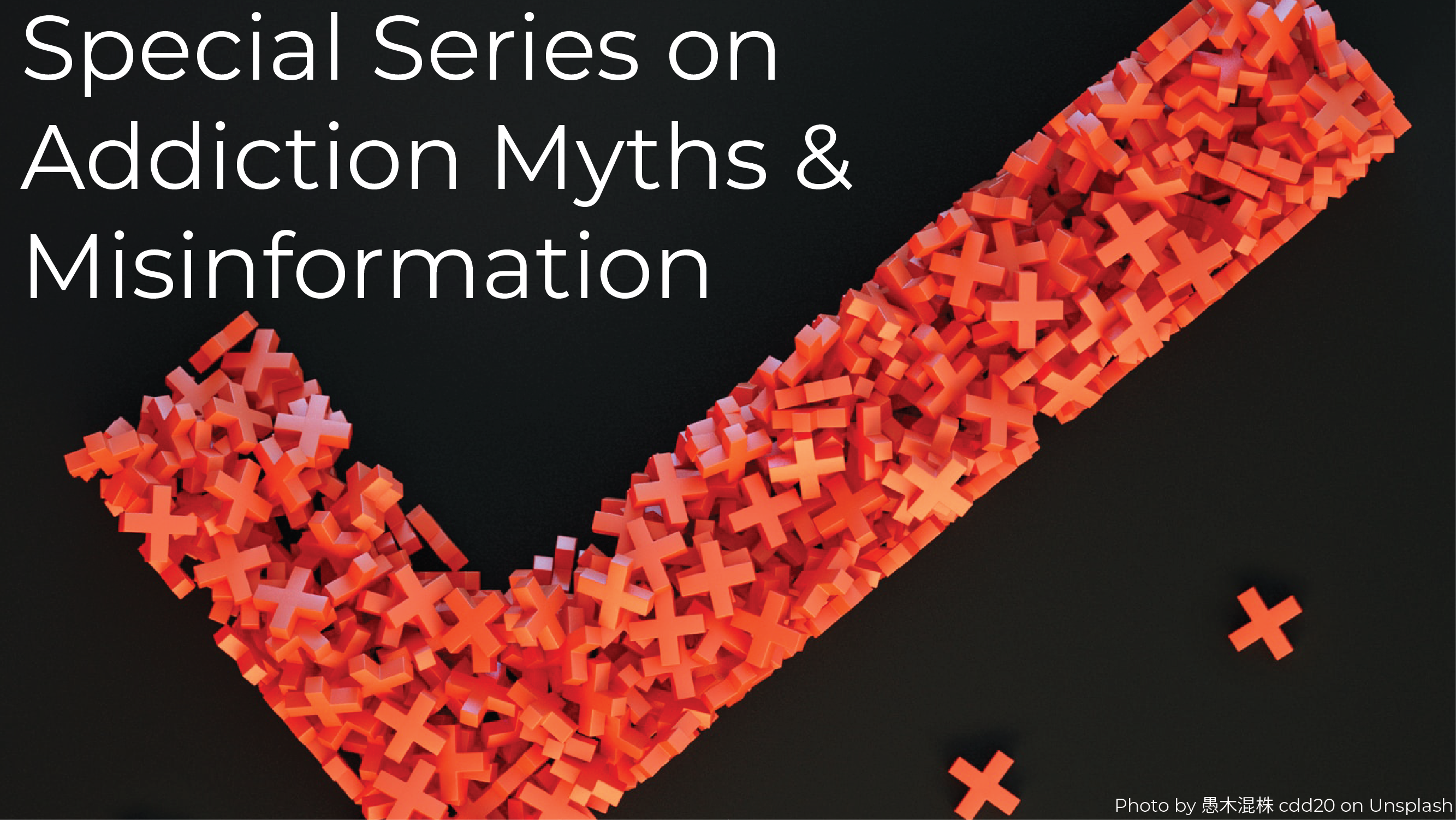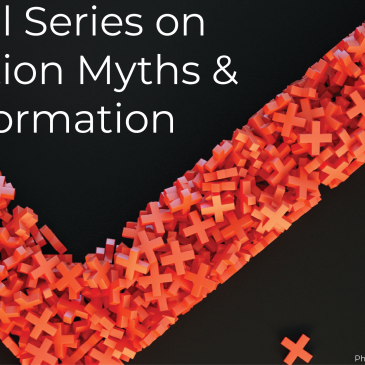 Long before “fake news,” there were concerns about how scientific misinformation could affect the public. Mass communication technologies have often been leveraged to spread false information. Historical examples date back to the Roman Empire when leaders spread propaganda messages on coins. Today, modern communication technologies, such as social media, have greatly improved our ability to connect and interact with one another. However, they have also enabled misinformation to spread more widely and rapidly than ever before. This is in part due to the fact that social media are largely unmoderated spaces that can act as echo chambers. A recent example of this is a conspiracy theory that claimed emergency phone alerts would trigger a zombie apocalypse. The spread of misinformation is particularly concerning because misinformation exposure is linked with decreased trust in science and less compliance with health recommendations, and it helps to facilitate the spread of disease.
Long before “fake news,” there were concerns about how scientific misinformation could affect the public. Mass communication technologies have often been leveraged to spread false information. Historical examples date back to the Roman Empire when leaders spread propaganda messages on coins. Today, modern communication technologies, such as social media, have greatly improved our ability to connect and interact with one another. However, they have also enabled misinformation to spread more widely and rapidly than ever before. This is in part due to the fact that social media are largely unmoderated spaces that can act as echo chambers. A recent example of this is a conspiracy theory that claimed emergency phone alerts would trigger a zombie apocalypse. The spread of misinformation is particularly concerning because misinformation exposure is linked with decreased trust in science and less compliance with health recommendations, and it helps to facilitate the spread of disease.
Addiction-related misinformation is a complex issue as both patients and providers are susceptible to false beliefs. The impact of misinformation for people with addiction is far-reaching. Not only does misinformation serve as a barrier for treatment, but it also contributes to creating stigma. Stigma, in turn, can negatively influence the public’s support of policies that could promote treatment. As such, it is important to try to counter the spread of misinformation and use evidence-based approaches to correct it when possible. Given that misinformation is highly prevalent online, widespread correction efforts may not be feasible. For this reason, educating the public about what misinformation looks like and about the importance of verifying something’s authenticity before sharing it with others is vital for mitigating the impact of misinformation on health and wellbeing. Consider this education a kind of inoculation against future exposure to misinformation.
To do our part, this month The BASIS will focus on myths and misinformation related to addiction. We hope that in doing so we showcase to our readers some of the dangers of misinformation. Through this Special Series, we will review recent research that examines how racist misinformation can negatively affect health outcomes, risk factors that could make one more susceptible to believing misinformation, how the media can perpetuate misinformed beliefs, and how people can form cognitive distortions without being aware of it.
— Seth McCullock, PhD, Research and Evaluation Scientist, Division on Addiction at Cambridge Health Alliance, a Harvard Medical School teaching hospital
Conflict of Interest Statement
Dr. McCullock has no conflicts of interest to disclose of personal, financial, or other benefits that could be seen as influencing the content of this editorial. The Division on Addiction’s funding sources can be found here.
What do you think? Please use the comment link below to provide feedback on this article.




